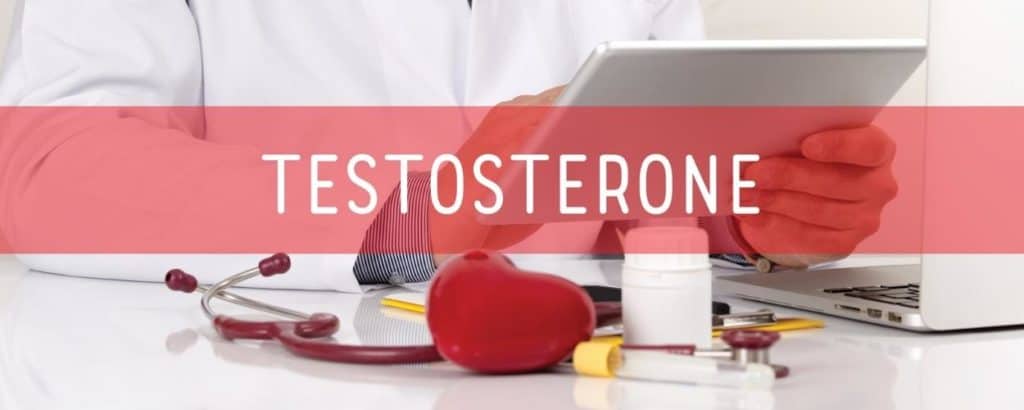
testosterone replacement therapy options
testosterone replacement therapy women
You also want a provider who generally understands hormone therapy, not just Testosterone Replacement Therapy. A provider who is not well-informed on all forms of hormone treatment and cannot explain the differences won't be able to assess what is right for you.ÿ
You may be intimidated by discussing sensitive personal issues like urinary tract problems, erectile dysfunction, or low testosterone. However, by candidly addressing these, you will give your provider the information they need to help you overcome them.
The busiest clinic may not be better.ÿ




